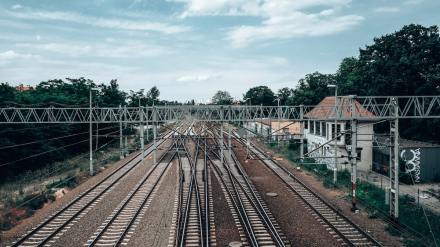Ease of Doing Business for MSMEs: Indian Railways with the aim to promote MSME markets has undertaken a massive infrastructure project, Dedicated Freight Corridor (DFC) as per the information given by the Minister of Railways, Communications and Electronic & Information Technology, Ashwini Vaishnaw in a written reply to a question in Lok Sabha, ANI reported.
The DFC project comprises Western Dedicated Freight Corridor (WDFC – from Dadri to Jawaharlal Nehru Port Trust – 1506 Km) and Eastern Dedicated Freight Corridor (EDFC – from Ludhiana to Sonnagar -1337 Km) with a total cover span of 2,843 km route.
Also Read: 2023 MSME Outlook: 10 major developments in the new year small businesses cannot ignore
Out of the total route, almost 1,610 km (799 Km of EDFC and 811 Km of WDFC) was completed till October, 2022.
Similarly, a pilot project for ‘Joint Parcel Product’ (JPP) was launched on March 31, 2022 by Indian Railways in collaboration with India Post with the objective to target business-to-customer (B2C) and business-to-business (B2B) markets focusing on e-Commerce and MSME markets.
Under the project, first-mile and last-mile connectivity will be provided by the Department of Posts, and the intermediate connectivity from station to station shall be catered through Railways as per the statement released by the Ministry of Railways in April this year.
For the pilot run of this project, a Parcel Van was attached in Tapti Ganga Express (19045/46) between Surat and Varanasi.
Earlier in January this year, Indian Railways reduced its application fee from Rs 1.5 lakh to Rs 10,000 for MSMEs who are applying to be vendors with the Railways’ Research Designs & Standards Organisation (RDSO).
Also Read: Over 80% of Stand-Up India loans sanctioned to women entrepreneurs: Govt data
Meanwhile, to provide logistics services in the remotest areas of the country, India’s postal system has integrated with the government’s e-commerce portal Government e-Marketplace (GeM). The integration will help last-mile (rural/village-level) government buyers, service providers, and sellers particularly women and tribal entrepreneurs, self-help groups, artisans and weavers in the public procurement process, FEAspire reported.
